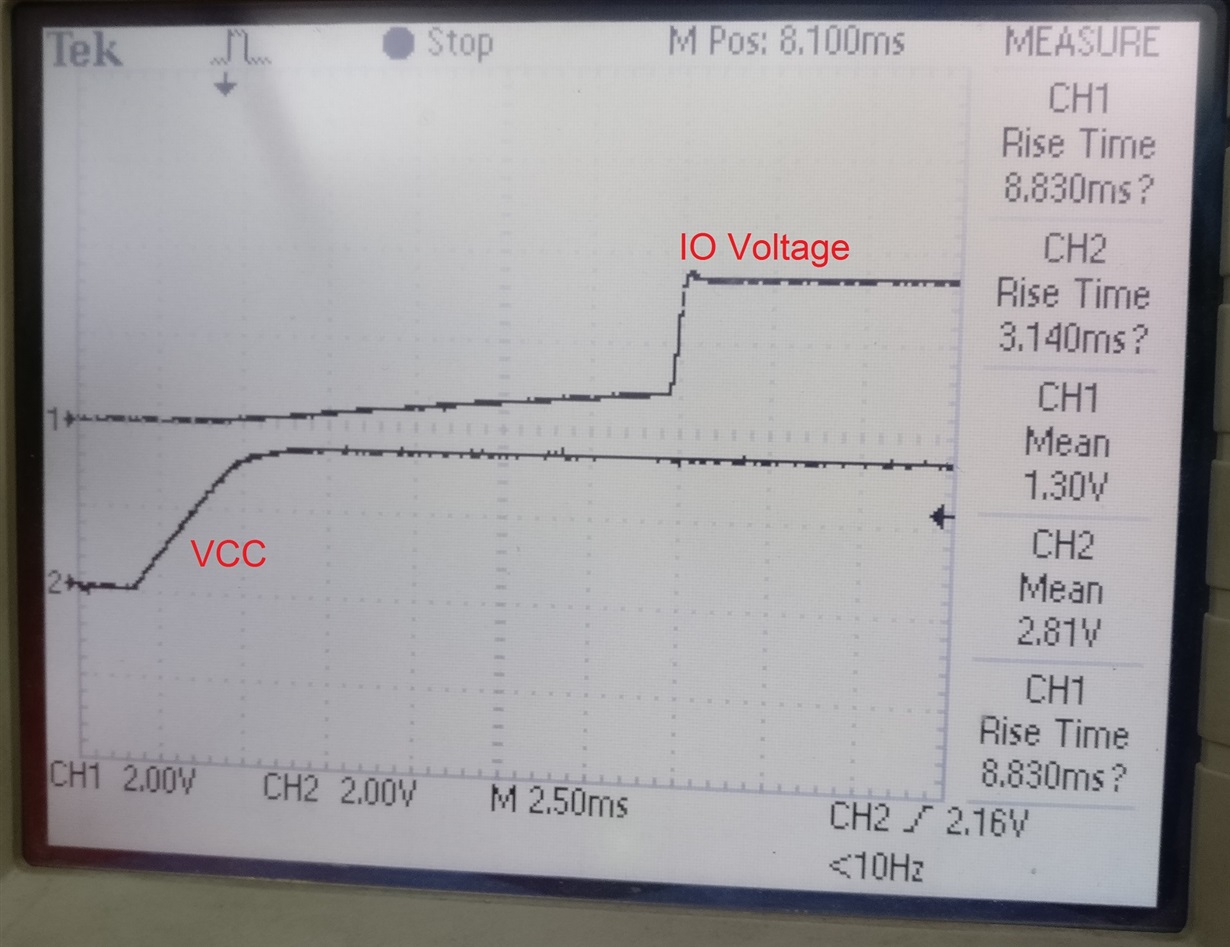Other Parts Discussed in Thread: TCA9534A
Hi,
I am using PCA9536 in my design. I see that the device behavior is not constant. Every time I power up the behavior is different. Sometimes it works fine and sometimes it pulls the line low.
The only way to resolve is to reboot the board.
Can anyone please help me out with this?


